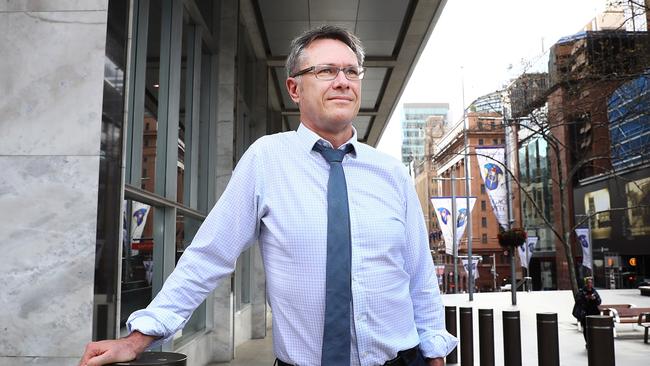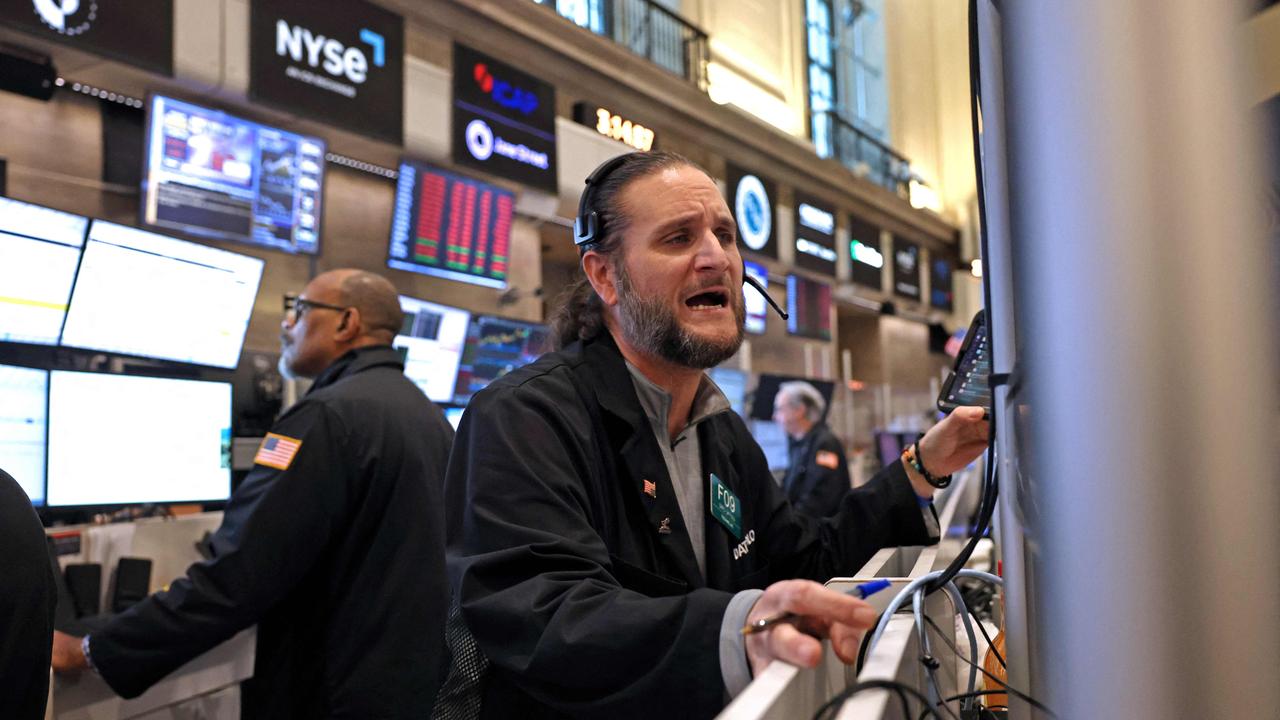RBA warns on climate fallout
Climate change will have ‘first-order economic effects’ that require an ‘orderly transition’ to ensure financial stability, Guy Debelle has declared.

Climate change and the conversion to a low-carbon economy or a world with more erratic weather events will have “first-order economic effects” that require an “orderly transition” to ensure financial stability, Reserve Bank deputy governor Guy Debelle has declared.
In a landmark speech in Sydney last night, Mr Debelle said the RBA was using climate change data in its macroeconomic models and had joined a global group of central banks called the Network for Greening the Financial System to better understand the impact of a warming planet.
“We need to reassess the frequency of climate events. In addition, we need to reassess our assumptions about the severity and longevity of the climatic events,” Mr Debelle said.
He was the third leading regulator to speak on climate change at the Centre for Policy Development in three years, after Australian Prudential Regulation Authority member Geoff Summerhayes warned business directors were legally liable if they didn’t factor climate change into their business plans, a position endorsed a year later by the Australian Securities & Investments Commission’s John Price.
The current drought in Australia has cut farm output by 6 per cent and reduced economic growth by 0.15 per cent, a drag on the economy Mr Debelle said would continue this year.
“Droughts have generally been regarded (at least economically) as cyclical events that recur every so often. In contrast, climate change is a trend change. The impact of a trend is ongoing,” he said. “These issues are central to businesses, households and government.”
Mr Debelle said the RBA was being forced to analyse the impact of “scale, persistence and systemic risk” of climate change, noting that how China and India — both big purchasers of Australian coal — sought to generate power would have implications for the economy. “The timing and speed of the response by households, businesses and governments is likely to affect the economic outcomes,” he said. “Decisions that are taken now can have significant effects on future climate trends and can limit or eliminate the ability to mitigate the effect of those trends.
“Decisions taken now by businesses and government may have a sizeable influence on that transition path. Both the physical impact of climate and the transition path can cause shocks and cause the trend to change.”
He said industries and communities that were “especially exposed” to the climate would benefit from lower costs in the event of an “early and orderly” transition.
“Financial stability will be better served by an orderly transition, rather than an abrupt disorderly one,” he said.
“Challenges for financial stability may arise from both physical and transition risks of climate change. Insurers may face large, unanticipated payouts. In some cases businesses and households could lose access to insurance. Companies that generate significant pollution might face reputational damage or legal liability from their activities, and changes to regulation could cause previously valuable assets to become uneconomic.
“All of these consequences could precipitate sharp adjustments in asset prices, which would have consequences for financial stability.”




To join the conversation, please log in. Don't have an account? Register
Join the conversation, you are commenting as Logout